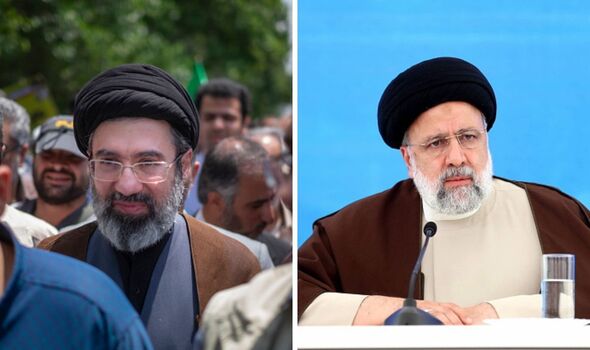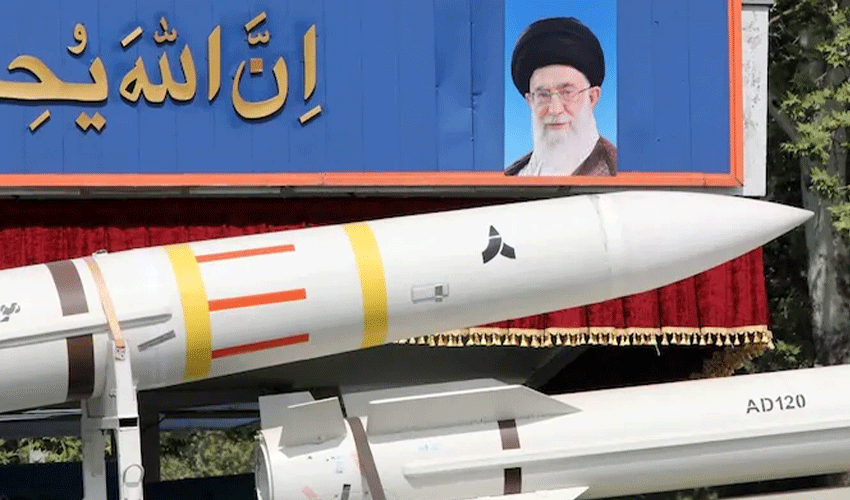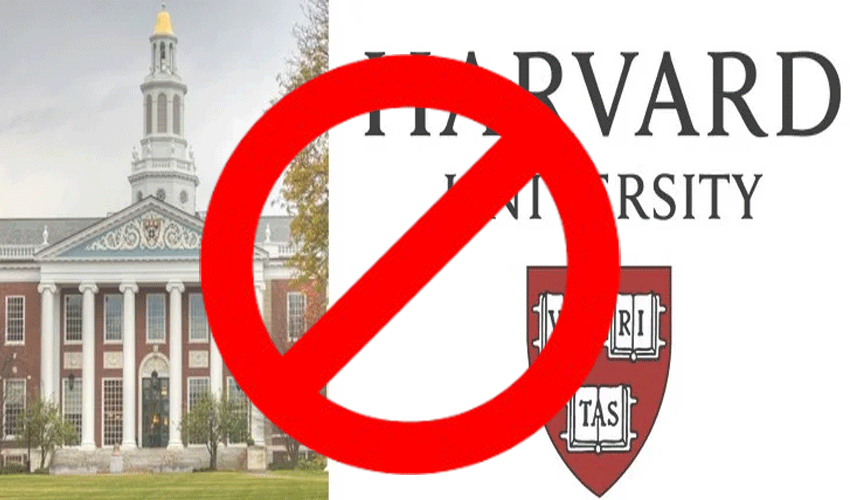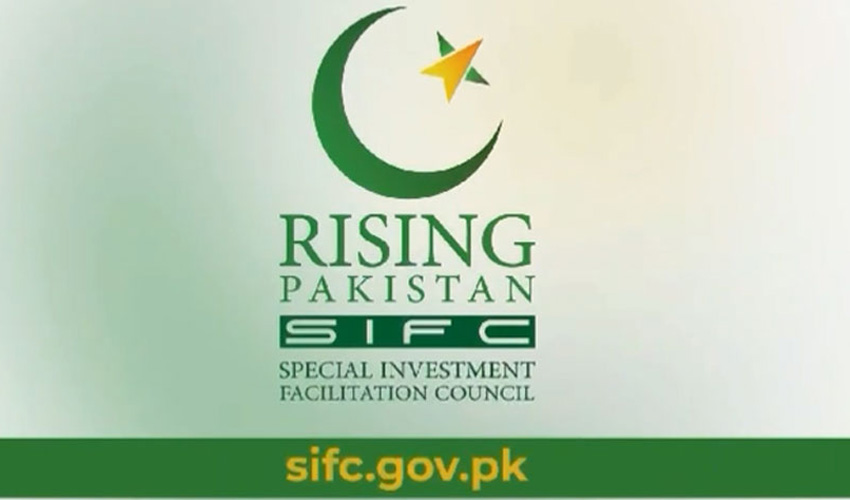The death in a helicopter crash of President Ebrahim Raisi, who was considered a potential replacement for Supreme Leader Ayatollah Ali Khamenei, has rearranged the deck in the succession process and brought more attention to Mojtaba, the son of the Supreme leader of Iran, according to AFP.
Although experts point out that it is impossible to predict with certainty what the Iranian leadership will do, Raisi's track record as a cornerstone of the Islamic Republic over several decades made him an obvious choice to succeed Khamenei as the country's supreme leader, following Ayatollah Ruhollah Khomeini.
The Assembly of Experts appoints the supreme leader, who holds permanent office and has the ultimate word on all important issues, including foreign policy. Since Khomeini's passing in 1989, Khamenei, 85, has been in that position.
Head of the Berlin-based think tank Center for Middle East and Global Order Ali Fathollah-Nejad said that Khamenei had "catapulted his longtime confidant into major positions" but added that it is "very hard to tell" if Raisi was considered as a successor.
He told AFP that these included the president and the head of the court, demonstrating "a desire to provide him the kind of profile that would facilitate his ascendancy to the supreme leadership."
"In the complex political landscape of Iran, only a small group at the top is aware of Raisi's likelihood of emerging as the country's next supreme leader," noted International Crisis Group analysts Ali Vaez and Naysan Rafati in a report.
"But if he was to get the job, his death puts a big question mark on the succession."
'CARDS RESHUFFLED'
Raisi wasn't the only highly anticipated candidate; Khamenei's son Mojtaba, 54, was also a strong contender. Mojtaba is an introverted individual who is rarely seen in public but is extremely powerful behind the scenes and has US support.
"Khamenei has long desired to position his son Mojtaba as his successor," said Fathollah-Nejad, describing Mojtaba Khamenei as "a central actor in the shadows".
He emphasized that because "dynastic rule" was so strongly opposed by the Islamic revolutionaries who overthrew the last shah, there were worries about it even among the Iranian leadership.
"Now, however, with Raisi's demise, the cards regarding Khamenei's succession are reshuffled. As a result, the focus of attention now shifts back to Mojtaba," he said.
With no official title, a low public profile, and infrequent mentions in media reports, analysts assume that Mojtaba Khamenei holds the position of second in charge at the office of the supreme leader, behind the long-serving chief gatekeeper, Mohammad Golpayegani.
When the US Treasury announced penalties against Mojtaba Khamenei in November 2019, claiming that Ali Khamenei had "delegated a part of his leadership responsibilities" to his son, it provided one of the few formal views into his significance.
Suzanne Maloney, head of the Brookings Institution's foreign policy program, stated that Raisi's death would "reshape the looming succession process" and that Raisi had been "one of the leading candidates" to succeed Khamenei in recent years.
Aside from Raisi, Mojtaba Khamenei, according to Maloney, is "the most prominent contender" and has exercised "considerable power behind the scenes". However, she said there were also concerns about his religious background and hereditary rule.
With some attention focused on Ali Reza Arafi, a cleric who is a member of both the Guardians Council oversight body and the Assembly of Experts, analysts do not rule out the possibility that another name could emerge as a potential supreme leader.
'RENEWED POPULAR PROTESTS'
The leadership's first concern will be ensuring stability and continuity, particularly in light of the statewide protests in 2022 that revealed young people's widespread dissatisfaction with social constraints in the Islamic republic, particularly those about women.
The Islamic Republic's parliamentary elections this year witnessed the lowest turnout in Iranian legislative poll history, further supporting the trend that conservatives have been holding an increasing amount of power in the country.
Even though the president has few powers, Raisi's death was still unexpected because he was only the second Iranian president to pass away while in office, the first being Mohammad Ali Rajai, who was assassinated in a bombing in 1981 after serving for less than a month.
According to Fathollah-Nejad, the handover of power to a new supreme leader would be dangerous for the government in the wake of the 2022 demonstrations and an ever-deepening economic crisis due to Western sanctions.
"If Khamenei dies and/or if Mojtaba is declared as his successor, renewed popular protests against the regime would not be unlikely," he said.
"The big question is if, in such a scenario of a power vacuum or a contested succession decision, we would see cracks within the power and security apparatus that could open up the window for unexpected events," he stated.



























